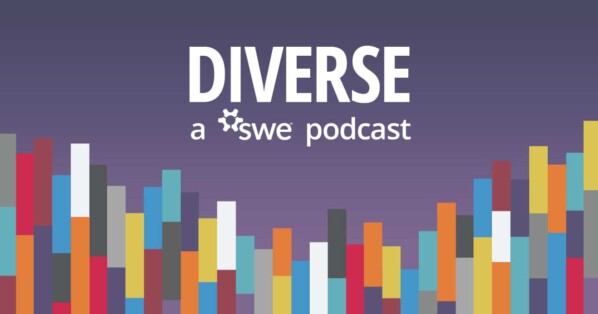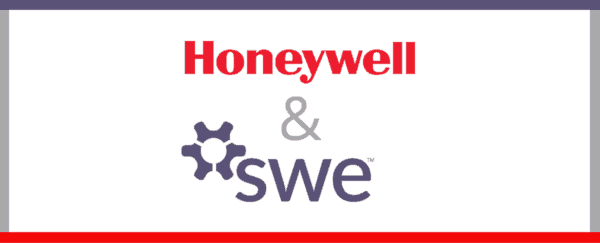The Why Generation (anyone age 39 and under today) is not asking why in order to stall, show off, or flout authority. Their constant “Why?” is an honest question. (Forbes, October 2019)
For example, they are asking questions to understand:
- “Why were these policies and systems designed this way?”
- “How does this procedure help people access products and services easier and faster?”
- “What are the reasons for this decision?”
Remember, when the “why generation” asks questions, they are looking for ways to offer their technology skills to make a positive contribution.
7 Ways to be Effective When Addressing “Why?”
- Be open and curious. For example, “Why are the policies and systems that way?”Addressing questions this way can engage everyone to think from a different POV. Are we being inclusive? What about….? How does this impact …?
- Educate each other about the impact. Whatever you do, there is an impact! Train each other to address “how” and “why” their tasks (or lack of effort to do them well) impact the work done by you and others. Raise your hand and encourage cross-training within your department and throughout the company. It broadens everyone’s POV.
- Remember, people learn differently. Some people learn in a methodical manner (show and tell me). Others learn best by sharing the concept. Then, through trial and error, they will learn the details of how-to-do-it (tell me and let me figure it out). Learning both methods is important for you to guide others in answering “why?”
- Learn how to listen and talk with one another. Listening is a two-way street and it begins with you. Asking and answering “why” creates new opportunities and expands old ones. To build win-win outcomes, make sure you are developing your persuasive listening, critical thinking, cultural sensitivity, and decision-making skills.
- Sharing history can prevent repeating errors. If you don’t know the “why,” find out the facts. Also, be open to facilitating and having an inquiry with each other: “Why do you believe it happened that way?” Be fearless in digging deeper to find the answers.
- Be curious and ask open-ended questions in team meetings(e.g., who, what, when, where, why and how).
- “Why do you believe this system or procedure needs to be changed?”
- “How and when would your idea improve it?”
- “Who have you talked with that is impacted by this proposed change?”
- Test and evaluate changes before implementing them. While changes may look good on paper, in reality, they may not work for your company. Explore the why’s before making any changes, shutting the project down, or starting a new one. Engaging in this process may have you perceived as challenging the status quo; however, in the long run, it builds your leadership skills.
About the Author:
 Jeannette Seibly is an award-winning dynamic results coach and keynote speaker. For the past 27 years, she has guided leaders and teams to excel. She is also an author of, It’s Time to Brag! Business Edition and It’s Time to Brag! Career Edition. In 2019, she was recognized by SWE We-Local Denver with their “People Choice Award for Best Speaker.” Learn more about Jeannette Seibly and listen to her podcasts on Anchor.FM or YouTube.com.
Jeannette Seibly is an award-winning dynamic results coach and keynote speaker. For the past 27 years, she has guided leaders and teams to excel. She is also an author of, It’s Time to Brag! Business Edition and It’s Time to Brag! Career Edition. In 2019, she was recognized by SWE We-Local Denver with their “People Choice Award for Best Speaker.” Learn more about Jeannette Seibly and listen to her podcasts on Anchor.FM or YouTube.com.
Related Content:
- How to Become a Leader without Being the Boss
- 3 Skills You Need to Succeed in 2020 and Beyond
- Why the Best Leaders are Humble
- How to Work Smarter and Have More Personal Time
- How to Show Sincere Gratitude as a Leader
- How to Stop Struggling to Be an Effective Communicator
- Engineers: Avoid Linear Thinking to Expand Your Vision – and Success






